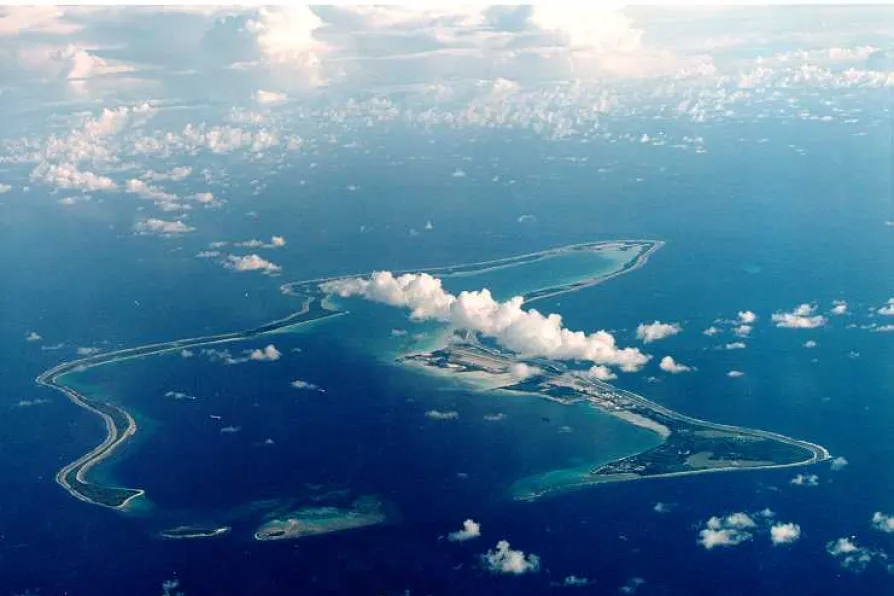

BRITAIN must complete its decolonisation of Mauritius, the country’s leader told the UN general assembly in a debate on the Chagos Islands.
Prime Minister Pravind Jugnauth said the depopulation of the Indian Ocean archipelago by former colonial power Britain to make way for a US military base “remains a very dark episode of human history, akin to a crime against humanity.”
The debate comes after Britain rejected February’s International Court of Justice (ICJ) opinion that the islands should be returned to Mauritius. Britain split the Chagos archipelago from Mauritian territory in 1965, prior to the latter’s independence in 1968.
Mr Jugnauth urged UN member states to vote in favour of a resolution that he said would send a “clear signal to the world that colonialism can no longer be tolerated.”
He said the resolution’s six-month time limit for terminating the colonial administration was “more than sufficient,” as Britain provides “no services whatsoever” on the islands.
But British UN representative Dame Karen Pierce said the territory contributed to “international peace and security” and would only be ceded to Mauritius “when no longer needed for defence purposes.”
The largest island, Diego Garcia, is loaned to the US as a major military base.
Ms Pierce repeatedly highlighted the base’s closeness to major Indian Ocean shipping lanes including at Malacca, Hormuz, Aden and Suez. She also stressed its importance for “counterterrorism.”
Commenting on the debate, Dr Sam Raphael from the Rendition Project told the Morning Star that Diego Garcia had been used by the CIA for “a number of ghost flights which ‘disappeared’ men into secret detention to undergo severe torture.”
He said: “The UK’s arguments that the Chagos Islands are needed for reasons of international security not only run roughshod over the rights of the Chagossians — they also fail to acknowledge that Diego Garcia has been a central hub in the disastrous US-led ‘war on terror’.”
Mark Curtis, a leading expert on British foreign policy, said the debate showed the the British government did not support a rules-based international order.
“In this and many other cases, the British elite believes it has the right to make the rules that suit it and ignore those that do not.”
As the Morning Star went to press, Britain looked set to lose the vote with Senegal, Venezuela, Nicaragua, Syria, Argentina, Cyprus and Namibia all speaking in favour of the resolution backing the ICJ ruling, and the US speaking against it.
















